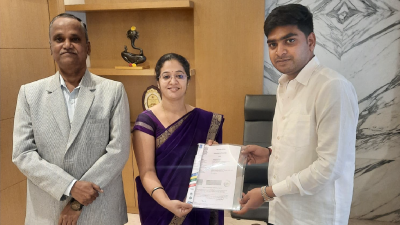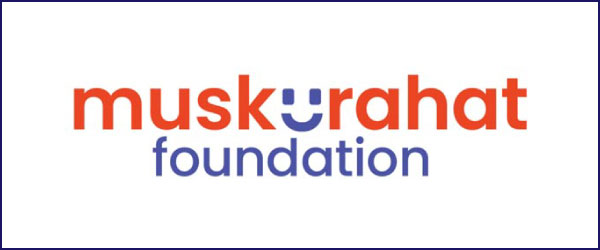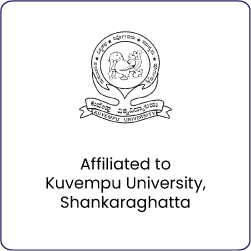
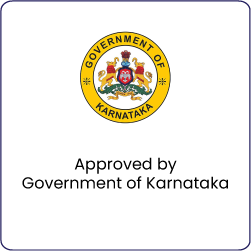
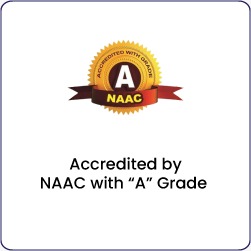


PES Institute of Advanced Management Studies (PESIAMS), Shivamogga an institution with unique qualities started in the year 2008, is one of the institutions run by PES Trust (R), Shivamogga. PESIAMS provides a precious opportunity for the young aspirants of Management, Commerce, Computer Applications and Science Education in the Malnad Region. The institution offers Undergraduate Programs in B.Com, BBA (Regular), BBA in Tourism & Travel, BBA in Hospitality & Event Management, BCA, B.Sc.(PMCs) & B.Sc.(PCM) and Post Graduate Program in Commerce (M.Com). The institution not only caters to the learner’s needs to acquire professional qualifications, but also strives to provide a sense of fulfillment, self enrichment, updation of knowledge and empowerment.

 0
0
 0
0
 0
0
 0
0
 0
0
 0
0
 0
0
 0
0
 0
0
 0
0

BBA program at PESIAMS affiliated to Kuvempu University is a professional three-year program that is designed to prepare students for successful careers in the world of business and management.
READ MORE
BBA(Tourism & Travel) started in 2023-24, is designed to educate the students to adapt to the demands and challenges faced in the tourism and travel Industry.
READ MORE
BBA(HEM) started in 2024-25, focuses on services to clients for a comfortable stay, security, organising seminars and conferences, advertising and marketing.
READ MORE
B.Com Program provides students with a broad understanding of various business and commerce-related disciplines. This program includes accounting, finance, marketing, economics etc.
READ MORE
BCA Program equips students with the necessary technical skills, problem-solving abilities and theoretical knowledge required for a successful career in the IT field.
READ MORE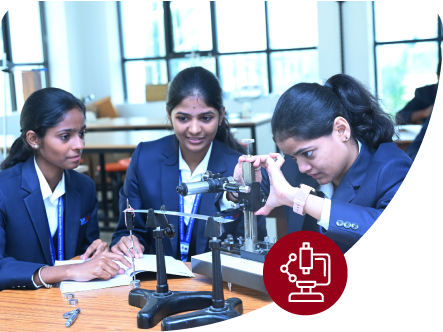
B.Sc. Program integrates traditional scientific fields with exposure to emerging technologies, preparing students for successful careers in industry, research and advanced technology sectors.
READ MOREThe Master of Commerce (M.Com) is a Post-Graduate Degree focusing on advanced studies in Commerce, Accounting, Economics, and Business Management. A two-year post-graduation program under Choice Based Credit System (CBCS) designed for students to expertise in Financial Practices, Corporate Strategies, Taxation, Market Analysis, etc. The specialization subjects include Accounting, Taxation, Finance, Insurance, Banking, and Marketing Management. This program is often pursued by those seeking higher managerial positions or considering doctoral studies in Commerce or Management. Candidates with B.Com, BBM, or BBA Degrees recognized by the Universities can apply for admission to the M.Com Program.

































































































































































































































